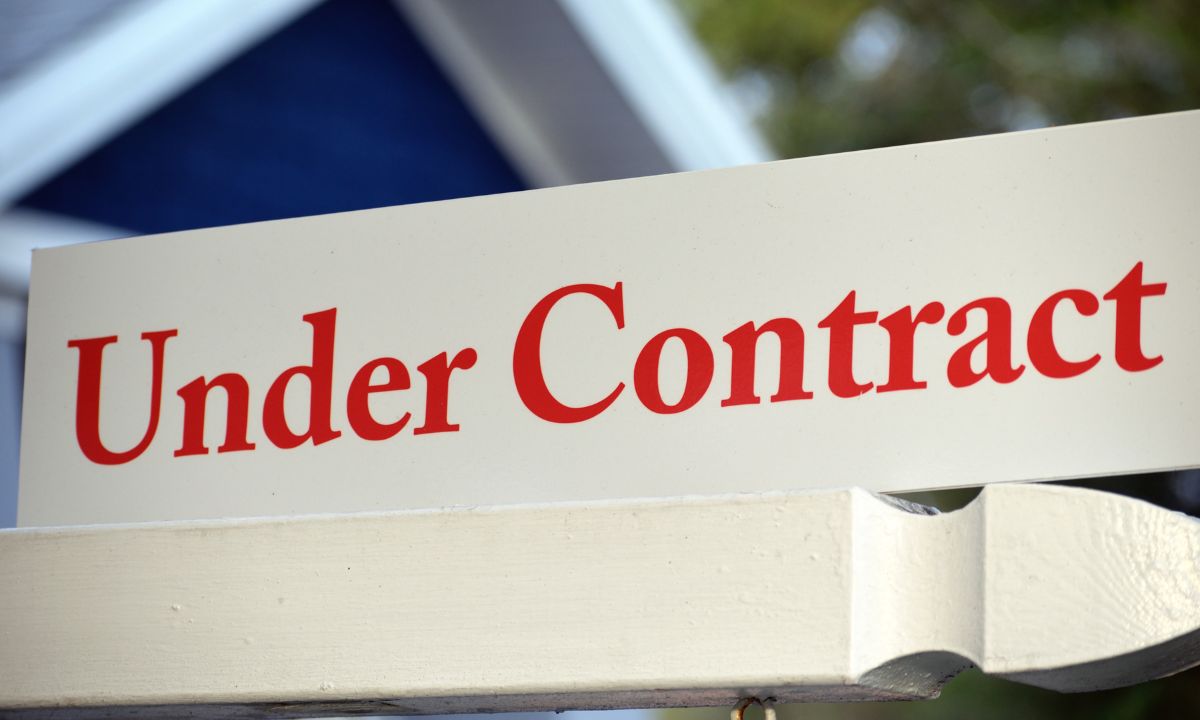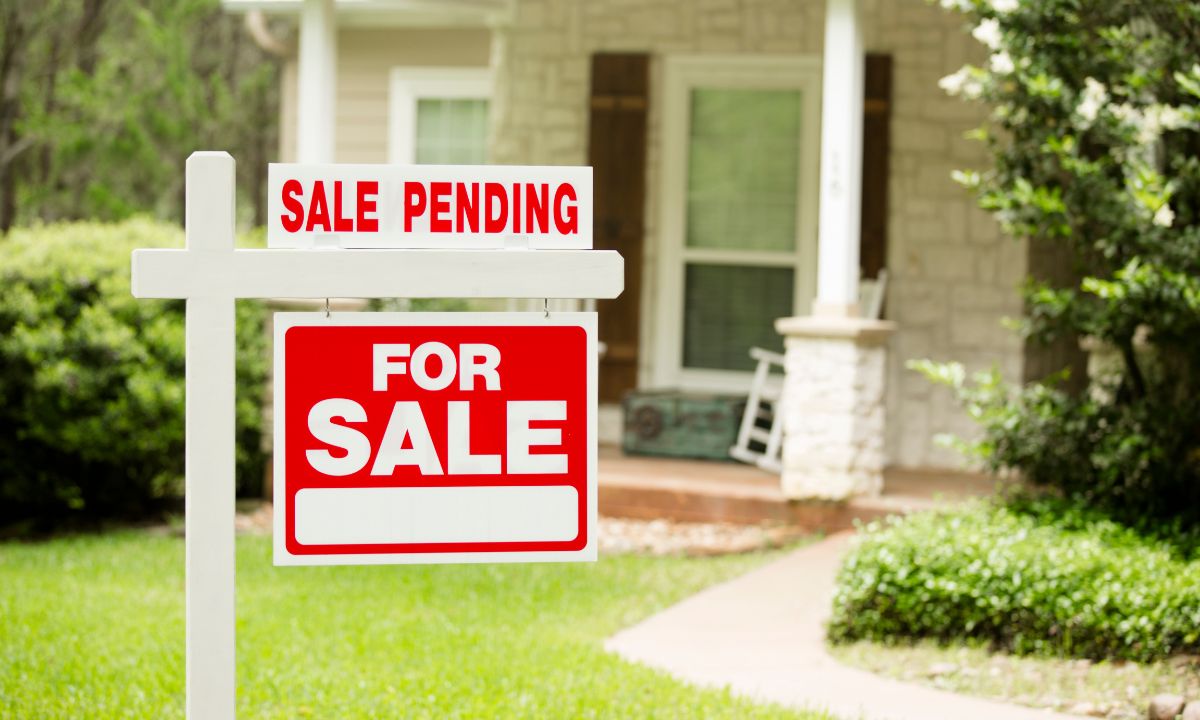 Have you found yourself staring at that spare room wondering what to do with it? Whether it’s a small nook or a spacious area, there are endless possibilities to transform it into something that enhances your home life. Here are some inspiring ideas to help you make the most of that extra space:
Have you found yourself staring at that spare room wondering what to do with it? Whether it’s a small nook or a spacious area, there are endless possibilities to transform it into something that enhances your home life. Here are some inspiring ideas to help you make the most of that extra space:
1. Playroom for the Little Ones:
Why not create a vibrant playroom where your kids can unleash their creativity and energy? Fill it with colorful mats, storage bins for toys, and maybe even a mini-table for arts and crafts. It’s a win-win: a space for them to play freely and a tidy home for you!
2. Study or Home Office:
In need of a quiet place to focus? Transform your spare room into a sleek home office or study. A sturdy desk, ergonomic chair, and good lighting can turn this space into your productivity hub. Add bookshelves or a filing cabinet for organization and you are done!
3. Gym to Stay Fit:
No need for a gym membership when you have your own fitness space at home! Equip the room with exercise mats, dumbbells, a workout bench, and maybe even a treadmill or stationary bike. This setup will motivate you to stay active without leaving the comfort of your home.
4. Meditation and Relaxation Room:
Create a serene oasis for relaxation and mindfulness. Soft rugs, floor cushions, and soothing decor like candles or plants can transform this room into your sanctuary. Add a small altar or a meditation cushion for moments of peace and reflection.
5. Entertainment Room:
Love movie nights or hosting game evenings? Turn your spare room into an entertainment hub! Install a big-screen TV, comfy seating (bean bags or recliners work great), and shelves for your movie collection or board games. It’s perfect for family gatherings or chilling out with friends.
Each of these ideas can be customized to fit your family’s needs and interests. So go ahead, let your creativity flow, and transform that extra room into a space that enhances your home and lifestyle!
 Navigating the real estate market can be challenging, especially with all the industry-specific terms that get tossed around. Two phrases you’re likely to encounter are “pending” and “under contract.” While they might seem similar at first glance, they represent different stages of the home-buying process. Let’s break down what each term means and how they impact your home-buying or selling journey.
Navigating the real estate market can be challenging, especially with all the industry-specific terms that get tossed around. Two phrases you’re likely to encounter are “pending” and “under contract.” While they might seem similar at first glance, they represent different stages of the home-buying process. Let’s break down what each term means and how they impact your home-buying or selling journey. Selling your home is a significant milestone, and you want to make sure it leaves a lasting impression on potential buyers. One of the most effective ways to achieve this is through the art of staging. Staging transforms your living space, highlighting its best features and making it irresistible to buyers. Here are some expert tips to help you master the art of staging and get your home sold faster.
Selling your home is a significant milestone, and you want to make sure it leaves a lasting impression on potential buyers. One of the most effective ways to achieve this is through the art of staging. Staging transforms your living space, highlighting its best features and making it irresistible to buyers. Here are some expert tips to help you master the art of staging and get your home sold faster. Buying your first home is an exciting milestone, but it can also be an overwhelming process, especially when it comes to understanding mortgages. For many first-time homebuyers, the world of mortgages can seem complex and filled with unfamiliar terminology. However, with a little knowledge and guidance, navigating the mortgage process can become much more manageable. In this guide, we’ll break down the basics of mortgages, explain key terms, explore different types of mortgages, and outline the application process for beginners.
Buying your first home is an exciting milestone, but it can also be an overwhelming process, especially when it comes to understanding mortgages. For many first-time homebuyers, the world of mortgages can seem complex and filled with unfamiliar terminology. However, with a little knowledge and guidance, navigating the mortgage process can become much more manageable. In this guide, we’ll break down the basics of mortgages, explain key terms, explore different types of mortgages, and outline the application process for beginners. Navigating the real estate market can be a complex journey, especially with the variety of terms and statuses you encounter during your search for the perfect home. One such term that often confuses homebuyers is “sale pending.” What does it mean when a property is listed as “sale pending,” and how should you approach these listings? Let’s break it down.
Navigating the real estate market can be a complex journey, especially with the variety of terms and statuses you encounter during your search for the perfect home. One such term that often confuses homebuyers is “sale pending.” What does it mean when a property is listed as “sale pending,” and how should you approach these listings? Let’s break it down. With all of the economic uncertainties, many homeowners find themselves facing financial hardships that impact their ability to meet mortgage payments. Whether it’s due to job loss, medical emergencies, or other unexpected circumstances, the fear of losing one’s home can be overwhelming. Fortunately, there’s a lifeline available in the form of mortgage forbearance.
With all of the economic uncertainties, many homeowners find themselves facing financial hardships that impact their ability to meet mortgage payments. Whether it’s due to job loss, medical emergencies, or other unexpected circumstances, the fear of losing one’s home can be overwhelming. Fortunately, there’s a lifeline available in the form of mortgage forbearance.